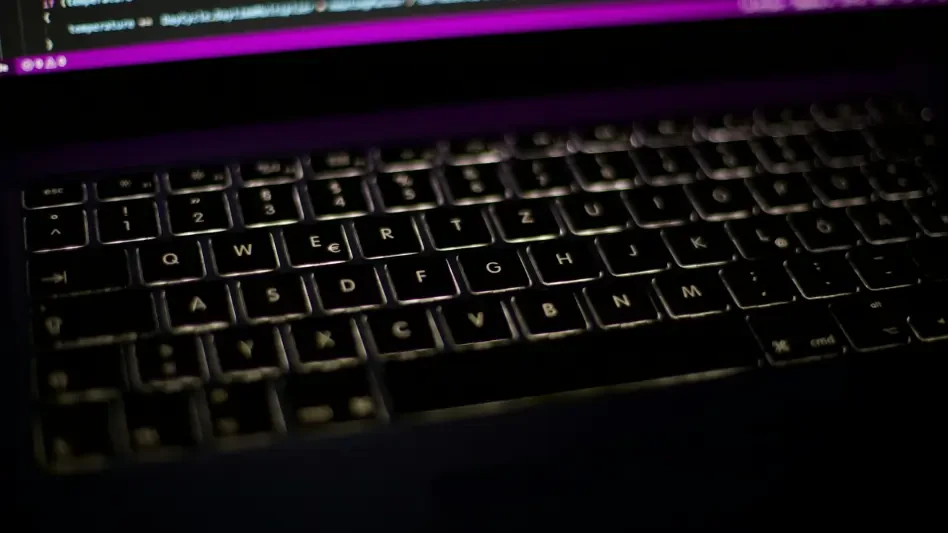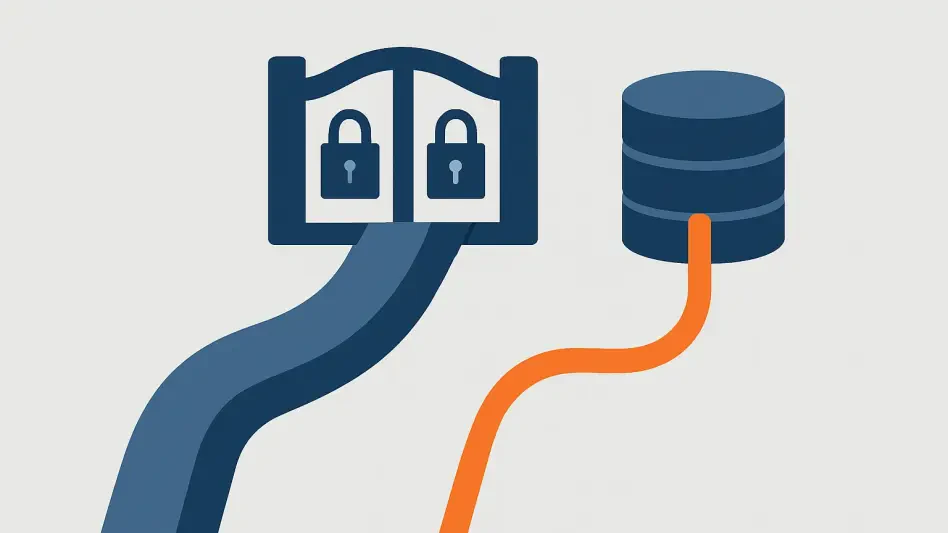The University of Iowa’s Information and Technology Services (IT Services) has taken significant steps to fortify security measures amidst rising incidents of cybersecurity attacks targeting the campus. As reports of cyber threats continue to escalate, the university has introduced an update to its Duo Push two-factor authentication method aimed at enhancing user protection. The new feature, Duo Verified Push, compels users to enter a three-digit code displayed on their devices into the Duo Mobile app, a step designed to counteract “push fatigue” or “push harassment” attacks. These types of cyber threats occur when hackers repeatedly send verification pushes, hoping to wear down users into approving them out of sheer annoyance, even when users are not responsible for the sign-in attempt.
Addressing Push Fatigue and Harassment
Enhancing User Vigilance
Victoria Delgado, a student analyst with IT Services, highlighted the pressing issue by noting that users had previously approved Duo pushes without having initiated the sign-ins themselves, mainly due to irritation from the constant notifications. These attacks were particularly targeting sensitive information such as payroll and direct deposit details for university personnel, thus necessitating heightened awareness and scrutiny from users. The university’s new initiative aims to bolster security by ensuring that only genuine attempts to access accounts are approved.
Implementing Duo Verified Push
To help protect against push fatigue and harassment, the new Duo Verified Push feature requires users to input a three-digit code displayed on their devices into the Duo Mobile app. This added layer of verification makes it substantially more difficult for unauthorized parties to gain access through repeated, unsolicited push notifications. Users are compelled to validate their login attempts actively, reducing the likelihood that they will approve a fraudulent login inadvertently due to the annoyance of multiple push notifications.
Campus Reactions and User Adaptations
Students’ Experiences with Enhanced Security
Jessica Housour, a third-year student, shared her perspective on the new security measures. Although she felt secure with the previous Duo Push system, she expressed appreciation for the added protection that the new verification step provides. The general sentiment among many users echoes this view, recognizing that the additional step, although involving more effort, significantly enhances the overall security framework. Sara Streeter, another university user, also acknowledged the extra effort but deemed it a worthwhile trade-off for the improved security it delivers.
Calls for Improved Cybersecurity Education
Another student, Sophie Larson, a second-year at the University of Iowa, utilizes SMS and voice message options for authentication. She stressed the importance of better education on cybersecurity measures, suggesting that gaining a more comprehensive understanding of the reasons behind Duo Push’s features and learning superior methods to safeguard personal information are critical. Larson’s call for heightened awareness and education underscores the need for institutions to invest in user training as part of their broader cybersecurity strategy.
IT Services’ Recommendations and Future Plans
Comprehensive Cybersecurity Measures
IT Services has put forth multiple cybersecurity recommendations to further enhance the protection of campus users. These measures include the installation of antivirus programs, utilizing virtual private networks (VPNs), executing regular software updates, and avoiding clicking on suspicious links. Each of these guidelines is designed to create a robust security environment, minimizing vulnerabilities and protecting sensitive information from potential cyber threats.
Transitioning from SMS and Voice Methods
Delgado also recommended extending the use of the Duo app to personal accounts to provide additional security layers. This suggestion aims to encourage users to apply the robust security measures experienced at the university to their personal accounts as well. Although the update primarily affects those leveraging the Duo Mobile app for authentication, IT Services has indicated plans to eventually phase out SMS and voice methods. These methods, while still functional, pose more significant security risks and incur higher costs compared to the more secure and cost-effective Duo Mobile app.
Ensuring Robust Cybersecurity for the Future
The University of Iowa’s Information and Technology Services (IT Services) has ramped up its cybersecurity measures in response to a surge in cyberattacks targeting its campus. With the steady rise in cyber threats, the university has enhanced its Duo Push two-factor authentication method to better protect users. The updated feature, known as Duo Verified Push, now requires users to input a three-digit code shown on their devices into the Duo Mobile app. This additional step is specifically designed to combat “push fatigue” or “push harassment” attacks. These cyber threats involve hackers sending repetitive verification push notifications with the intent of annoying users into eventually approving them, even if they did not initiate the sign-in attempt. By implementing Duo Verified Push, the university aims to ensure that users are less likely to fall victim to such trickery, thereby enhancing overall security. This proactive approach reflects the university’s commitment to safeguarding its community from the escalating menace of cyber threats.








